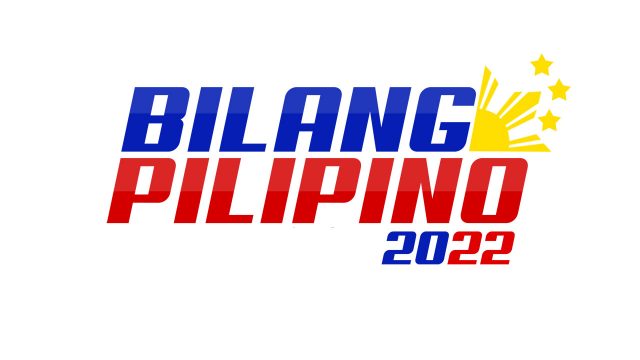Substitution now getting old as a political strategy, analysts say

Russell Louis C. Ku
and
Alyssa Nicole O. Tan
POLITICAL parties risk losing votes if they use substitution as a strategy to buy time in choosing their presidential bets, according to analysts.
“They may succeed in hurdling legal obstacles, but I doubt they will gain the support of more voters,” Dennis C. Coronacion, who heads the University of Santo Tomas Political Science Department, said in a Viber message.
Filipinos might now be wary of substitution, which President Rodrigo R. Duterte used in the 2016 presidential race. His presidential run did not become official until the last minute.
Subsitution allows a political party to replace a member who filed a certificate of candidacy with a another member. Filing ended on Oct. 8 but substitution is allowed until mid-November.
“It would be unwise for the administration party or its allies to resort to it again,” Mr. Coronacion said.
Lakas-CMD Secretary-General Prospero A. Pichay, Jr. earlier said they fielded placeholders for president and vice president, hoping that Davao City Mayor and presidential daughter Sara Duterte-Carpio will change her mind and run for president.
The party no longer expected Ms. Carpio to run and was considering former Senator Ramon “Bong” B. Revilla, Jr. as its presidential bet.
Senator Ronald M. de la Rosa, who filed to run for president under the PDP-Laban party, has also said he was ready to give his slot to Ms. Carpio, who is running for reelection as Davao City mayor.
“Although this kind of political machination is to be expected from our political elites, their goal has always been to acquire power by any means possible,” Michael Henry Ll. Yusingco, a senior research fellow at the Ateneo de Manila University Policy Center, said in a Viber message. “Misusing legal mechanisms to their advantage is simply par for the course for them.”
Meanwhile, analysts said the coronavirus pandemic had made Filipinos more politically mature and could spur them to vote based on issues rather than personalities.
“Apathy is out of the picture,” Enrico V. Gloria, an International Relations assistant professor from the University of the Philippines Diliman, said in an e-mail. “Especially given how the pandemic was mismanaged, it is very clear to the average Juan that whoever we elect has a direct influence on the quality of life he’s able to enjoy.”
“A lot of people are beginning to realize that the current administration’s pandemic response is inadequate,” UST’s Mr. Coronacion said. “Health will definitely be on top of the voters’ selection criteria.”
Thirty-seven celebrities and 13 athletes are gunning for national and local positions next year. Filipinos have a record of voting for popular candidates who know nothing about governance.
As of Sept. 30, 63.7 million Filipinos have registered for the elections next year, according to the Commission on Elections. Voter turnout in 2016 was 81.95% or 44.5 million out of 54 million voters.
There seems to be a “hunger” for participation, Mr. Gloria said, citing “preposterously long queues” at registration sites.
Young voters would have a big impact on elections results next year, Mr. Coronacion said, adding that social media campaigns would become the name of the game.
“Content-generation in this medium, however, is more democratized and varied,” he said. “There is the challenge to filter legitimate content, but also the opportunity to capitalize on a digital grassroots pool of supporters who can more efficiently diversify the candidates’ clout and reach.”
